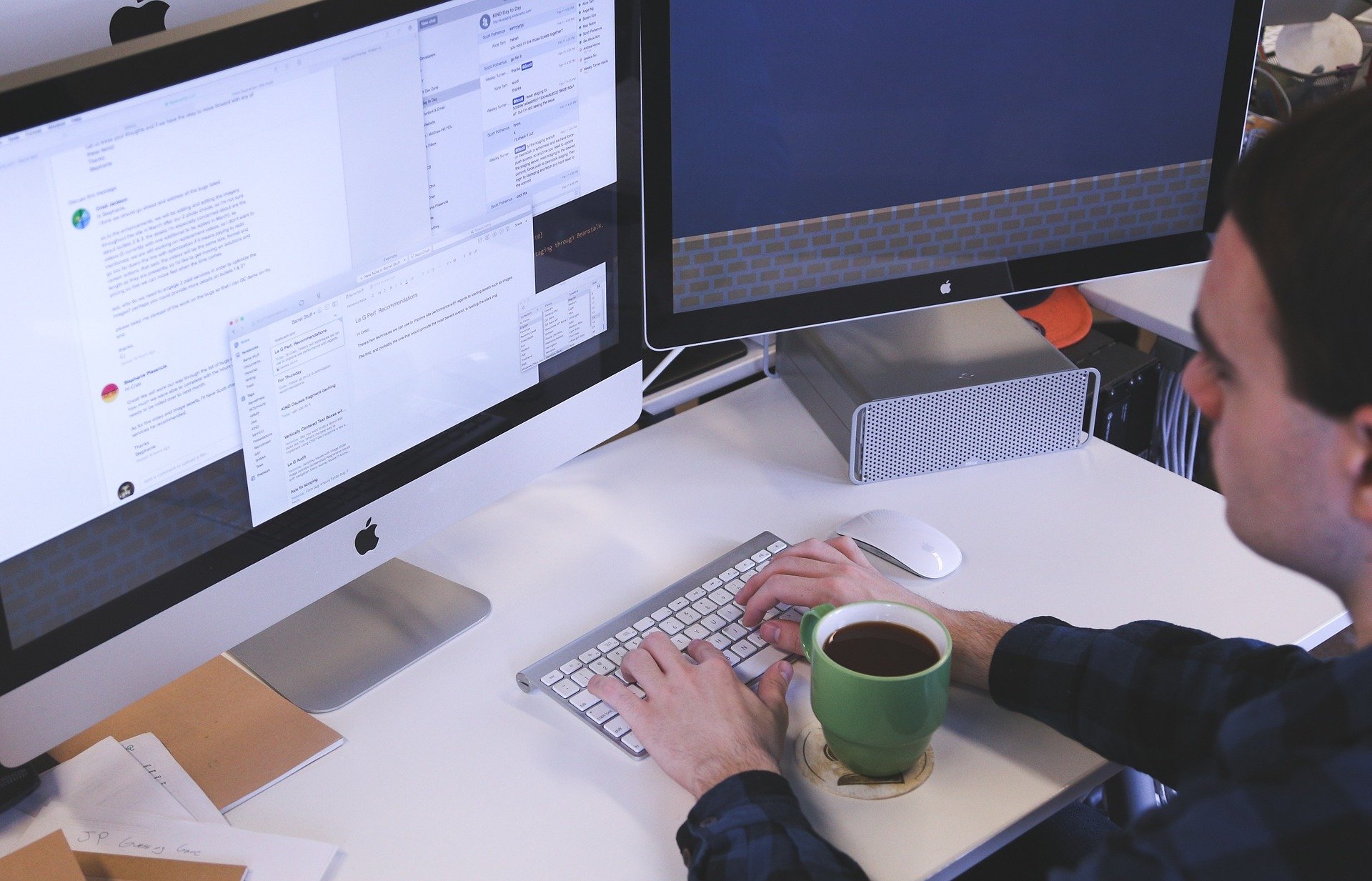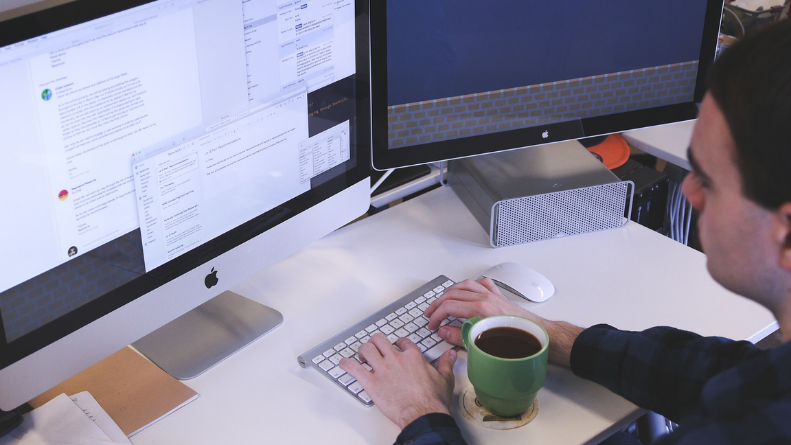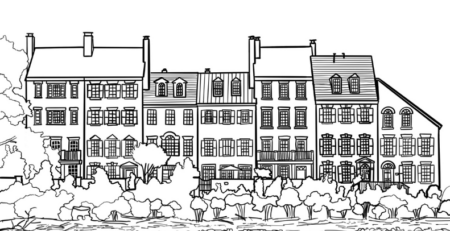What is PropTech?
There is an ongoing digital transformation of the property sector called PropTech, a combination of the words “property” and “technology.” PropTech is a broad term that refers to a variety of technological innovations that improve how people interact with the property market, including sellers, buyers, renters, and property maintenance and management.
PropTech arose as a response to an industry in desperate need of a technological upgrade in order to catch up with other industries that were far ahead of the technology curve. PropTech’s mission is to help transform and rid the industry of its many cumbersome and archaic practices, such as its burdensome leasing and payment processes, its inflexibility, and lack of automation.
The PropTech evolution can be categorised into three stages, according to the World Economic Forum (WEF).
PropTech stage 1.0
Starting in the 1980s with the advent of personal computers, the principal feature of this stage was the growth of online listing sites. Property sector data has started to increase thanks to the appearance of market analytics companies. In 2000, with the dot-com bursting of the bubble, things started to change as real estate agents started to hugely increase their online presence.
PropTech stage 2.0
The creation of sophisticated transactional environments has become easier and faster because of advances in computers. Using data analytics and virtual reality, the real estate industry has been able to provide better and more customised services to clients.
In the second wave, there was a shift from established businesses to new start-ups in the commercial, residential, and mortgage sectors. It is possible to categorise all of these businesses into three categories: smart real estate, the shared economy, and real estate finance technology (fintech).
Smart real estate – refers to technology-based platforms that utilise the Internet of Things (IoT) to help manage property assets. The IoT – “the network of physical objects— things—that are embedded with sensors, software, and other technologies for the purpose of connecting and exchanging data with other devices and systems over the internet” – is the impetus of change in the property sector. This technological innovation allows buildings to operate more efficiently and thus reduce running costs for end users and investors.
Shared economy – refers to the sharing of real estate assets, such as land or buildings (shops, housing, offices etc). The platforms set up to enable this provide information for interested properties and sellers of space.
Real estate financial technology (fintech) – fintech is the innovative technology that helps improve and automate the provision and use of financial services, and this is applied to the commercial activity of real estate trading in all types of property, including freehold and leasehold.
PropTech stage 3.0
The property sector is further transformed and enhanced with new technologies entering the scene. Technologies from the financial sector are transferred into the property sector to facilitate and improve transparency and fluidity of transactions and security mechanisms. Other innovations, like augmented reality (AR), additive manufacturing (3D printing), virtual reality (VR), and Big Data, will increase their presence in the property sector and continue to improve.

In practical terms, proptech has brought huge changes and improvements to the property sector at each end of the spectrum, from improving the tenant’s experience to helping buy-to-let property investors make profits on their investment. Proptech solutions and improvements in construction technologies will also help with the UK housing crisis, since property developers and private landlords will play a key role in providing homes to those in need of them.
The application of PropTech in the property sector comes in various forms and they include things like:
- Drones
- Artificial Intelligence (AI)
- VR and AR
- Connected properties
- Building Information Modelling (BIM)
- Building Automation Systems (BAS)
- Blockchain
- Chat and conversational bots
- Crowdfunding
- Home automation systems
- Geolocation
- Real estate management software
- Biometrics technologies
The list of PropTech applications is large, but we will take a look here at just a few of them in more detail.
VR tours and AR
The use of virtual reality tours by prospective home buyers and renters has accelerated in the last few years due to the pandemic and social distancing. The traditional way of visiting interested properties in person is now predominantly being saved for only visiting the shortlisted properties. Visiting a property in person is time consuming, especially when the property is a long distance from where a buyer lives, perhaps even on the other end of the country or abroad.
VR technology is an innovative solution to this, allowing buyers and renters to virtually visit and inspect a property, one after another, from the same location. By simply wearing a VR headset, the client is able to partake in a realistic and immersive experience of the property, walking around the property and visualising it in a 3D setting.
Augmented Reality, on the other hand, can allow interested investors to attend a building site for off-plan property investments and obtain a digitally created and realistic visualisation of what the properties will look like once they have been built. In addition to this, architects and other workers on site can use this technology along with BIM to see the site before it has been constructed and check that everything is as it should be, potentially catching expensive mistakes before they are made.
ARE YOU READY TO START INVESTING?
Subscribe to our mailing list now for exclusive deals, investment guides and the latest information from the property market.







